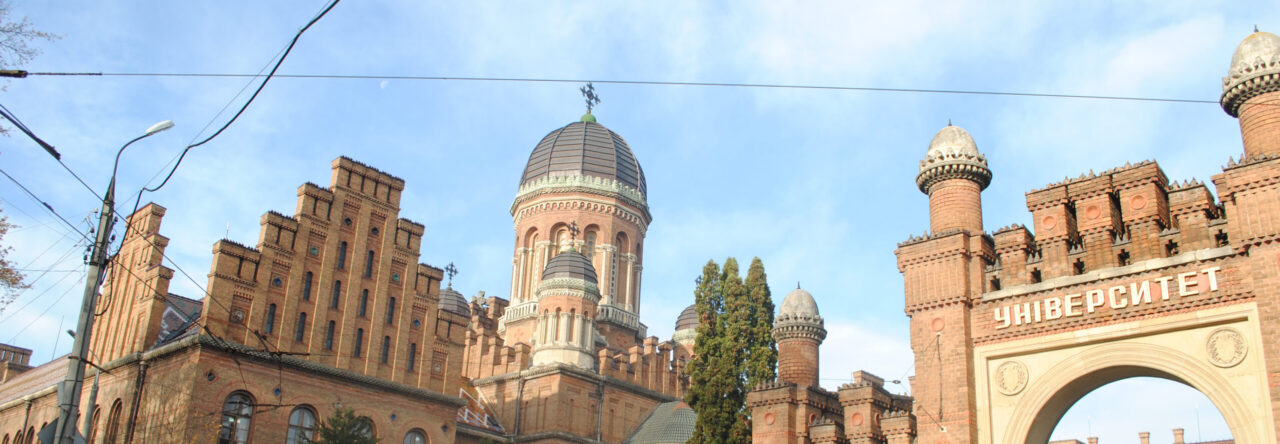The Russian State Duma or parliament has backed additional measures aimed at attracting foreign students to study in domestic universities.
The bill simplifying the stay of foreign students in Russia and cutting a Russian language requirement was approved by the State Duma in the first reading on 18 November.
The bill is expected to go through on further readings as a formality and could be adopted as early as the middle of December.
Currently, foreign students receive a temporary residence permit (TRP) on a general basis within the quota established by the government and for a period of three years.
But the bill, which was developed by the Ministry of Internal Affairs, will allow the issuance of a TRP at the request of a foreign student for the entire period of their study and the next 180 days.
In addition, foreign applicants will be exempted from the need to confirm proficiency in the Russian language, knowledge of the history of Russia and the basics of Russian legislation, as well as the requirement to submit annual notifications of residence.
They will also receive the right to obtain a residence permit in the Russian Federation in a simplified manner within three years of graduation. In case of expulsion from the university, the TRP will be cancelled if the student does not transfer to another university within 30 days.
Originally the proposal had been to allow students to stay on for three years after graduation, as reported by University World News, but this was revised down to 180 days.
According to data of the Ministry of Science and Higher Education, at present about 300,000 students from abroad study in Russia. Most foreigners come to study in Russia from the countries of the Commonwealth of Independent States (particularly those located in Central Asia) and China.
The explanatory note to the bill said that 265,056 foreign students were registered as being in Russia in 2020.
This did not include any who had left the country temporarily, for example, to return home to visit family, since all foreign students leaving Russia during their studies must be removed from the register at the place of residence and register once again when returning to the country.
However, representatives of universities are often untimely in submitting information about the arrival of their foreign students, which has often led to the students facing difficulties.
The new bill abolishes this norm and migration procedures will only need to be followed if foreigners leave Russia during their studies for a period of more than six months.
A spokesman for the Russian State Duma said: “The amendments made to the law will relieve the burden both on the state bodies dealing with foreign students in Russia and universities themselves.”
In the meantime, representatives of leading Russian higher education institutions have already welcomed the new state initiative.
Ivan Prostakov, vice-rector of the National Research University Higher School of Economics, told University World News: “Our university, together with other Russian universities, has promoted this legislative initiative and we welcome it, because the simplification of bureaucratic procedures makes our country more attractive for foreign students.”
He said the introduction of the new rules will correspond to the existing visa and migration practices of many countries that are trying to secure qualified labour resources and fully fit into the logic of the initiative recently adopted by the Russian government, ‘Russia is an attractive country for study and work’.
He said fears that applicants will not take the Russian language exam and that their level of training will be lower “seem to be groundless”.
“First, Russian universities are offering more and more programmes in English. Second, the quality of applicants does not depend on the current legislative norms, but on the requirements that universities have and will present to applicants from abroad,” he said.
“Leading Russian universities, where the majority of foreign students study, are already actively involved in their adaptation to academic and extracurricular life.”
Anna Mezit, head of the department of international cooperation at the Siberian Federal University, told University World News that the effort to reduce the administrative burden for universities was important and timely.
But in light of Russia’s plans to make its higher education competitive and bring it to the global level, further work is needed, she said.
“There is still work to do to make the process of attracting foreigners to Russian universities more successful. One such option may involve creating a specialised online platform – a service that will link university international departments, the police and border control.
“While we agree that it is not necessary to pass the history of Russia and the Russian language [tests] for foreigners, it might be too early to issue a residence permit in a simplified format after their graduation. A residence permit is the penultimate step before obtaining citizenship. And this should be a conscious choice of a person,” she said.
“It is much more important to try to integrate foreign graduates. So, in many countries undergraduates are given another year after graduation, when they can safely stay in the country in order to find a job.”
Source: University World News
